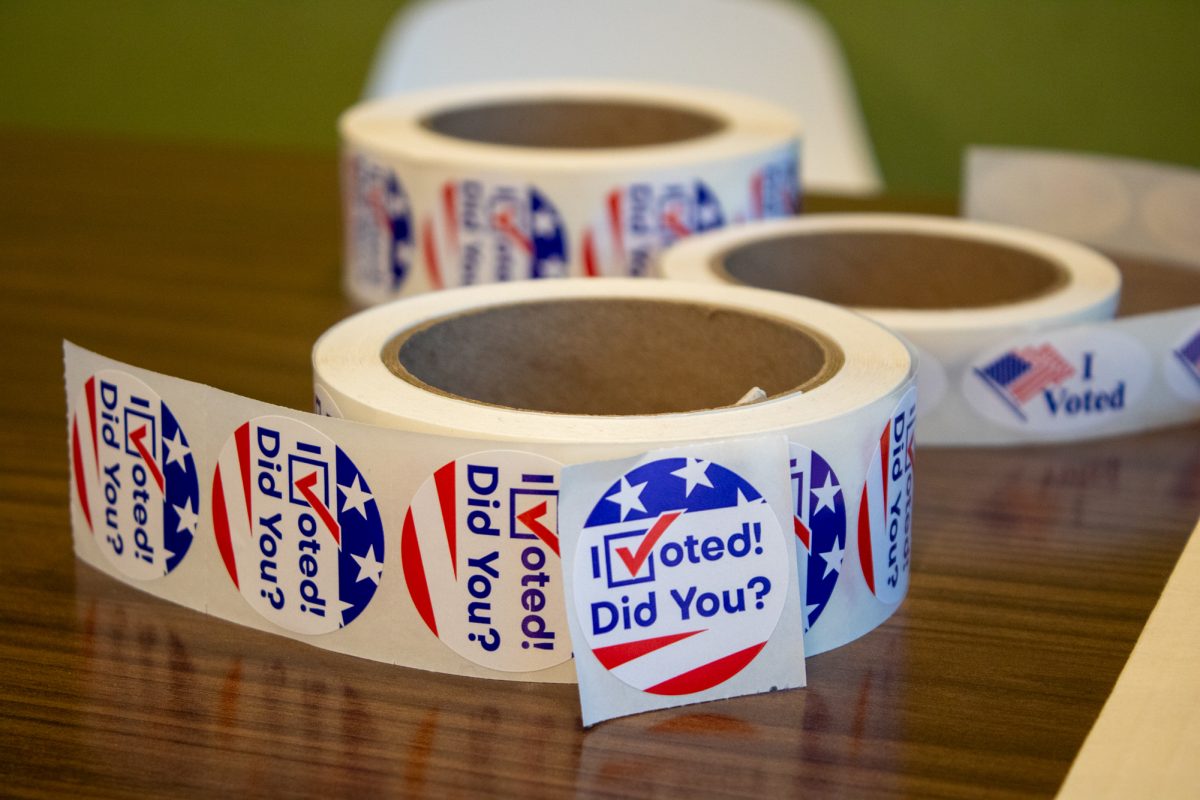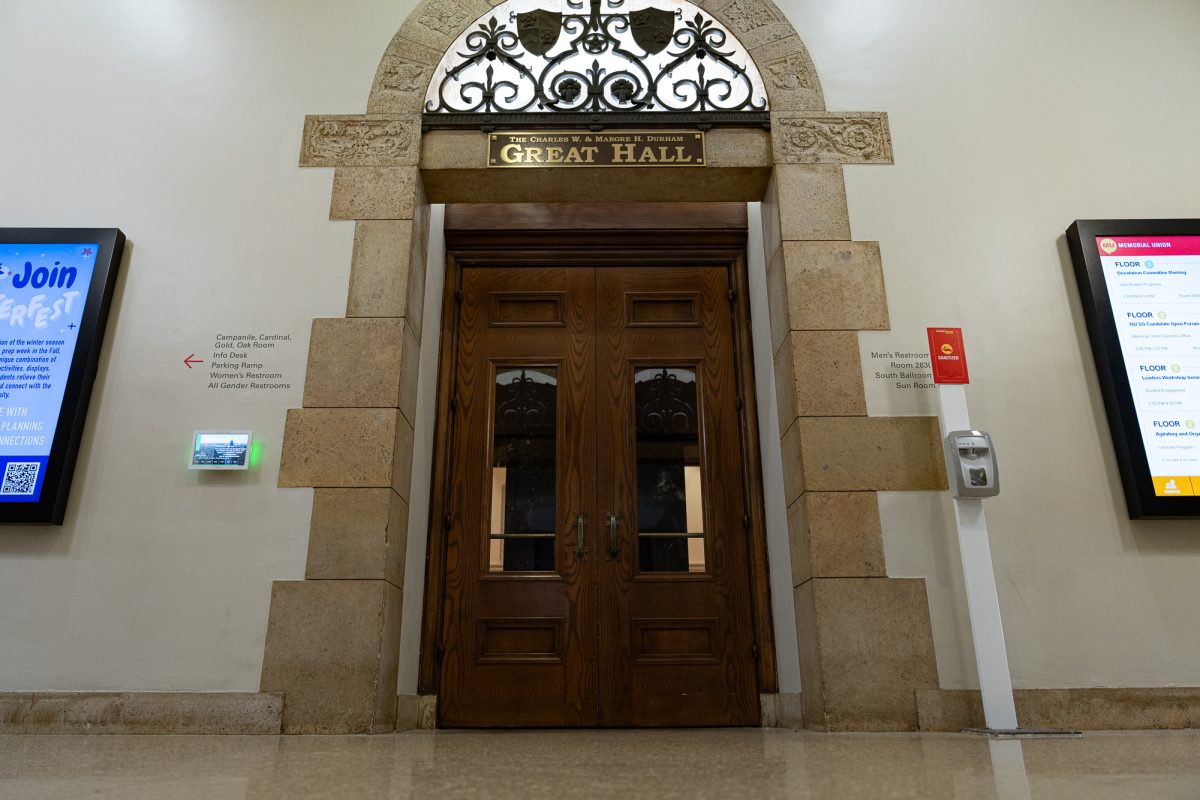NEMETH: Living as an 85-year-old poor woman is rough
April 6, 2006
I had an experience Wednesday night that most college students can’t say they’ve had. I spent three hours as an 85-year-old woman named Eunice who was trying to work her way through poverty.
University Extension put together a poverty simulation in 117 MacKay Hall. During the simulation, people played the roles of poor people trying to work with community resources to survive and keep their houses.
Going into the seminar, I knew poverty was an issue. However, I believed it was something people got into by being lazy. I wondered why people in poverty couldn’t just get a job and work their way out. After experiencing the simulation, I came out with a totally different view.
The auditorium was arranged specially for the seminar. In the middle of the room, chairs were arranged in circles to represent homes.
Around the edges of the room, there were tables and signs representing the various community resources such as the school, welfare office, grocery store, landlord and many others.
When I first entered the auditorium, I was handed a packet of information about the woman I was going to be for the next three hours. I was a widow who owned her own home. I made $446 in Social Security, but had no bank account to put it in. The total cost of my bills per month added up to $818. I did not own a car and had to pay for transportation, as well.
The simulation had four 15-minute time periods that represented weeks. I had to get to welfare, get transportation tickets and pay my bills fast. It wasn’t very easy. Everywhere I went, I had to wait in a long line.
My first week, I tried to apply for food stamps. I didn’t get there early enough. I waited in line and had to fill out a lot of paperwork. Just as I was finishing, the welfare office closed. At that point, I had no time to go to the grocery store and get food, so this little old lady went hungry for a week.
The second week, I went as fast as I could to cash my Social Security check and get food. I got play money and went to buy groceries. I got two weeks’ worth.
I then headed down to the mortgage office to pay off a loan. I paid the entire bill. I didn’t even bother trying the welfare office for food stamps, as the line was huge.
The third week ended up being the toughest. Yes, I was a responsible old poor woman, but people at the mortgage office said they didn’t receive a payment. I went down and tried to talk to them. They said I had no proof that I had made a payment, but they would double-check.
Afterward, I had to pawn my television and microwave, which would only pay me $40. I was not a happy woman. I went to the utilities office to pay for my utilities, but could only pay a little more than half of what I owed and made sure I asked for a receipt. I then went to the welfare office and waited in line, only to have it close on me again.
The fourth week, I went straight to the welfare office to get food stamps, only to find out I wasn’t eligible because I owned my own home. I went to the mortgage company again and they still hadn’t found my payment.
I only had $30 left, so I said, “Screw it,” bought myself some groceries and spent the rest of the time begging for money. Overall, I was $246 in debt, but I didn’t get evicted and I didn’t starve.
Throughout the seminar, I experienced a lot of feelings I didn’t expect. As it progressed, I got more and more frantic as I realized I couldn’t make payments. I became frustrated at the businesses that weren’t very friendly to me and couldn’t help.
I found the simulation to be very effective. Going through the action, I realized how hard people living in poverty have to work, and how it doesn’t take much for things to fall apart. Many people in poverty are trying to get jobs, but finding work can be difficult, and there is a lot to worry about.
Poor people aren’t who I thought they were.
I will never think about poverty in the same light again.
– Paul Nemeth is a freshman in pre-journalism and mass communication from Ames. He is a Daily Staff Writer.






